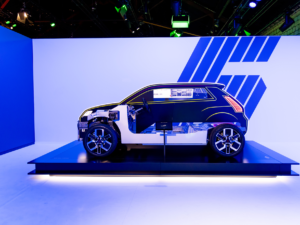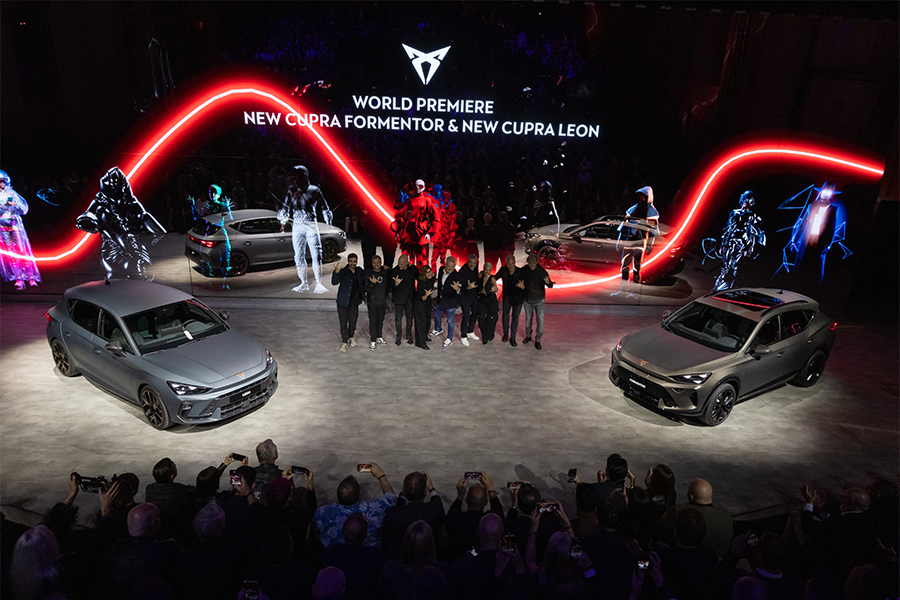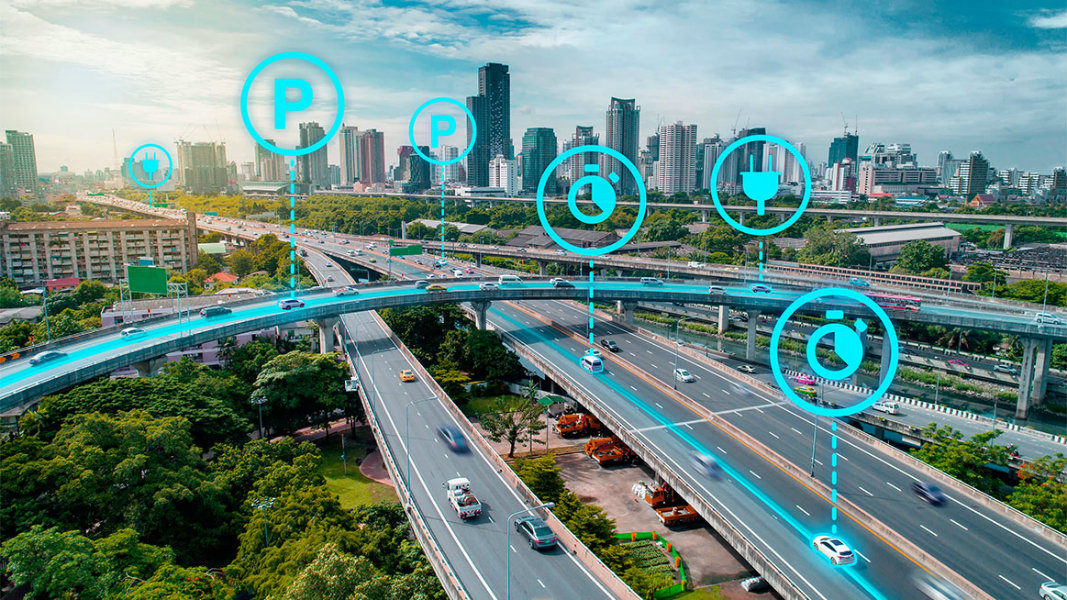
At the end of 2017, German car giant Volkswagen teamed up with Google to work on the development of applications on a quantum computer.
While classical computers store information in bits with the values either of one or zero, subatomic particles can exist in a state of superposition of both of these states, increasing their power exponentially. Before long, quantum computers may be able to perform operations that are beyond the reach of their classical counterparts.
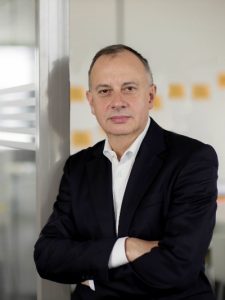
“Quantum computing is opening up a completely new chapter of performance,” explains Martin Hofmann, CIO at Volkswagen Group. “Some computations that would take one year for a conventional supercomputer to carry out can be done in seconds by a quantum computer. In some cases, a solution will only be possible with quantum computers.”
Volkswagen and Google are focusing their initial research on three areas: traffic optimization, materials simulation for vehicle construction and battery research, and the development of new machine learning processes and artificial intelligence (AI) processes needed for self-driving cars.
“We will always build cars, but we will be both an auto company and software company.”
Martin Hofmann, CIO, Volkswagen Group
Even before the Google announcement, Volkswagen had already taken its first steps into the use of quantum computing for traffic optimization. In a project in Beijing, the company deployed the technology to optimize the traffic flow of 10,000 taxis. “We used quantum computing to predict traffic jams and then dissipate them before they happened by giving each car a different route,” Hofmann says. “Quantum computers give us a completely new dimension. In ten years, they will be orchestrating mobility in metropolitan areas, routing autonomous vehicles, predicting traffic flows and optimizing urban mobility.”
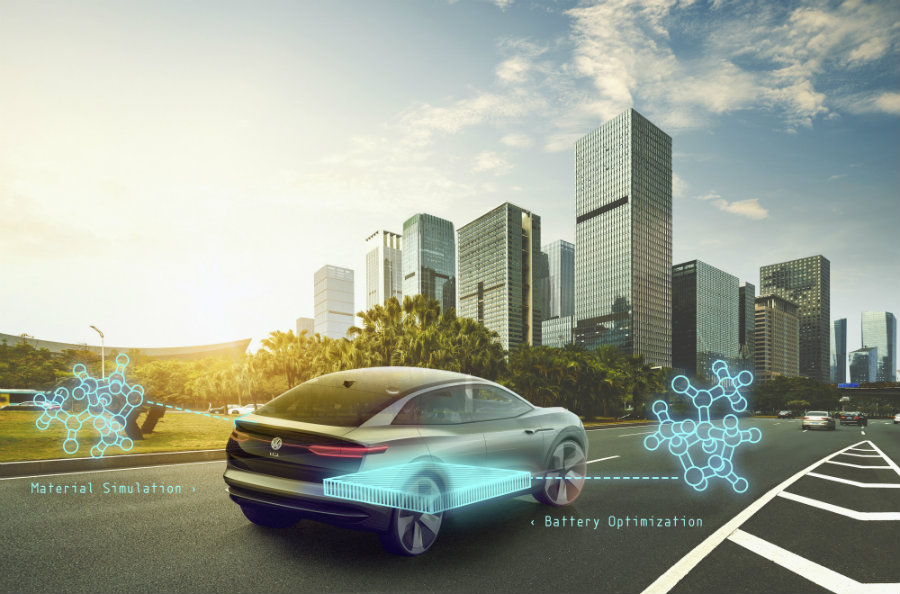
To prepare for this world, Volkswagen is training its workforce in new technologies and reinforcing its IT resources, adding 1,000 software engineers, AI specialists and cloud computing experts.
However computing technologies evolve in the future, Hofmann says, it is ultimately people who will steer this latest revolution in the car industry. “AI must always help human beings in a meaningful way. AI systems and autonomous robots will provide support but our people will remain the decision-makers”![]()
As published in TIME magazine







